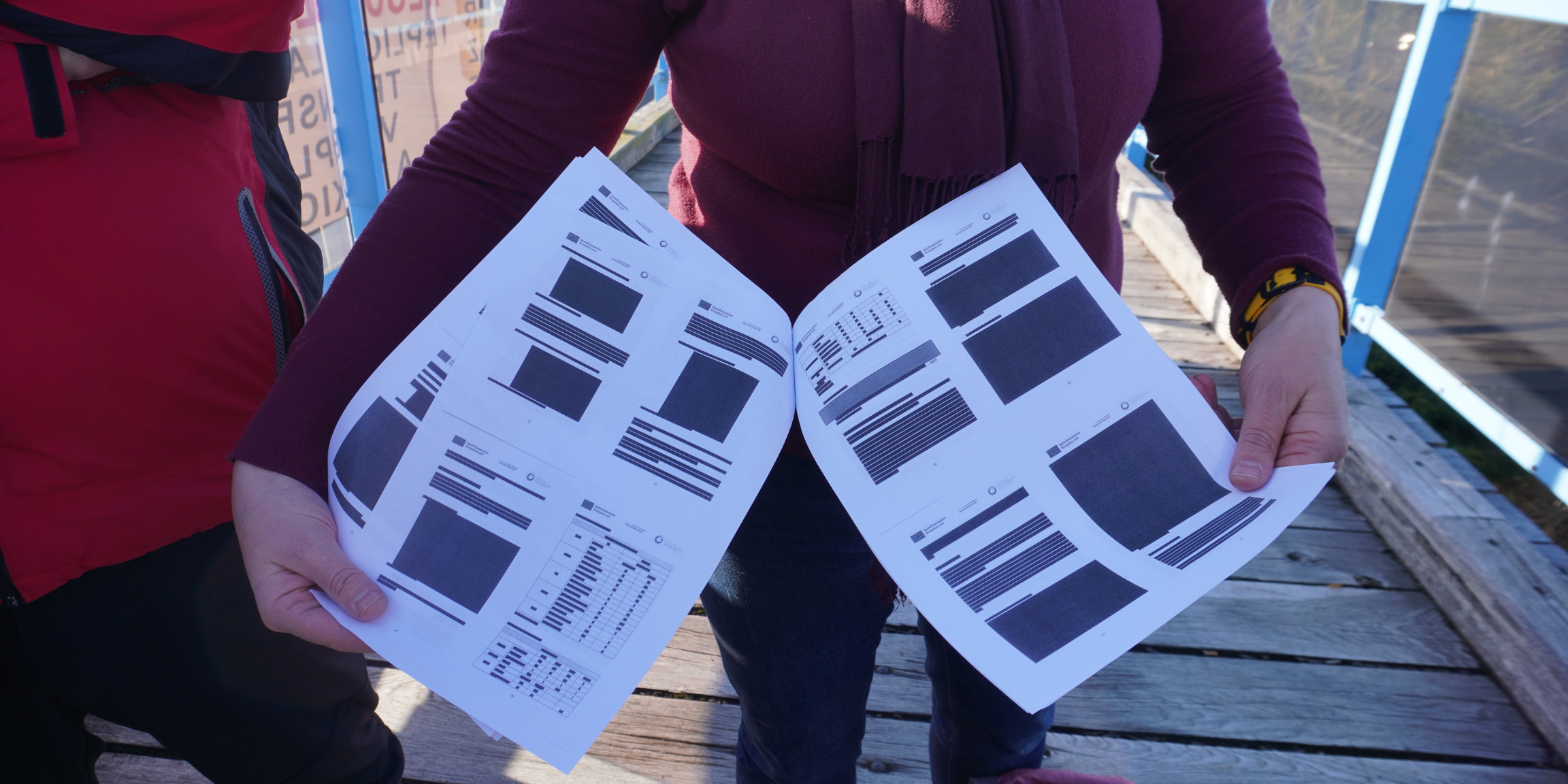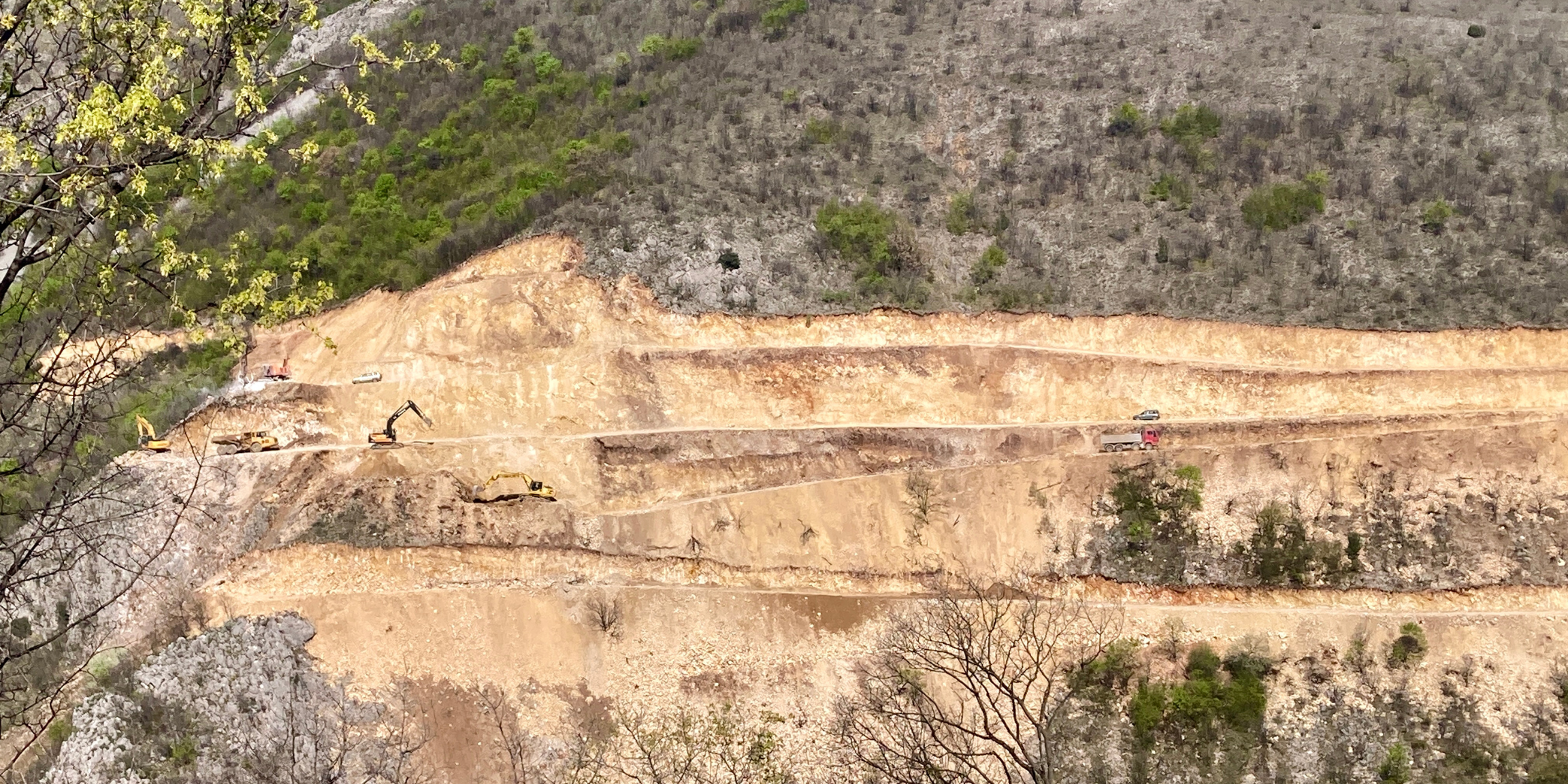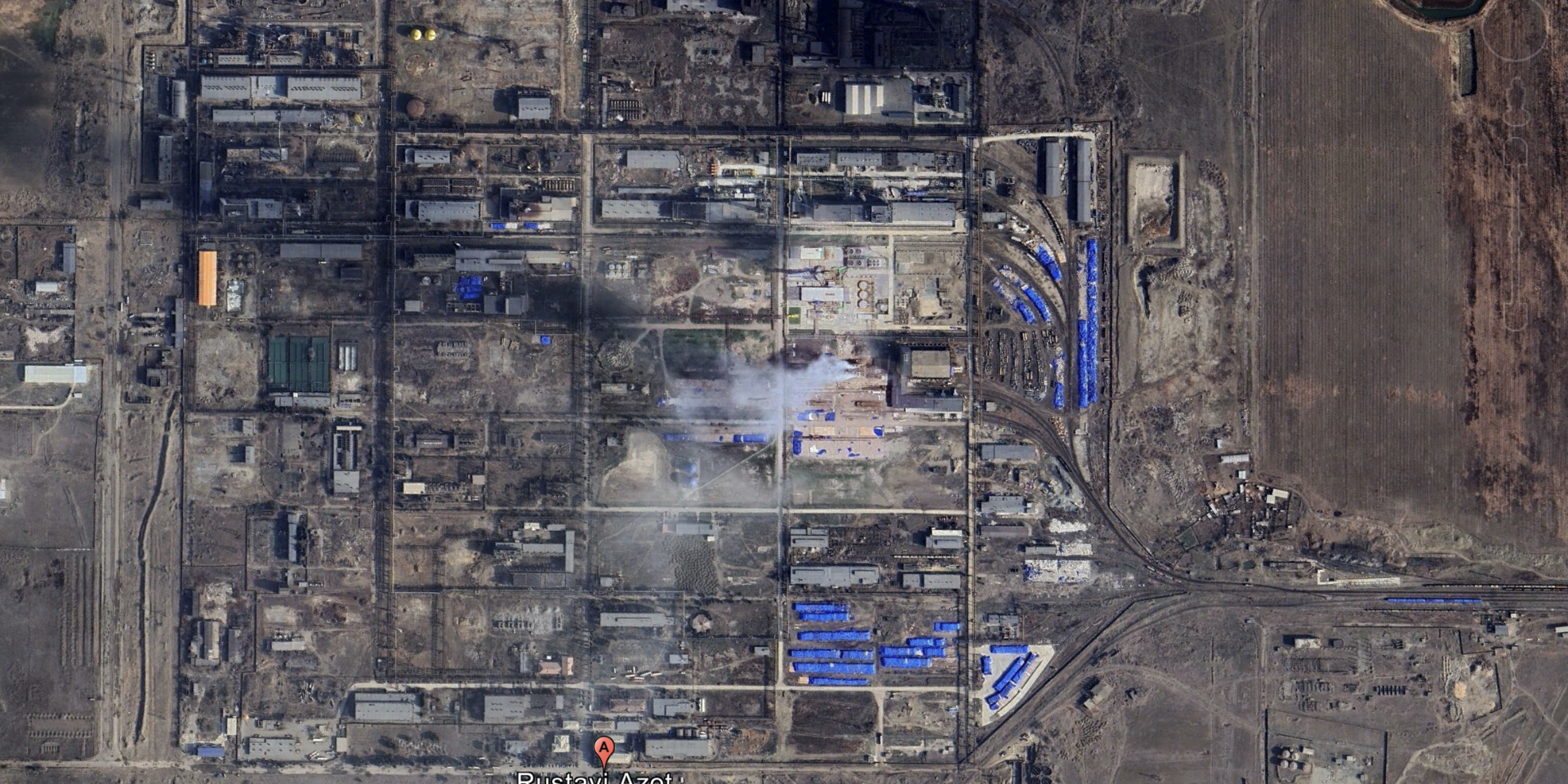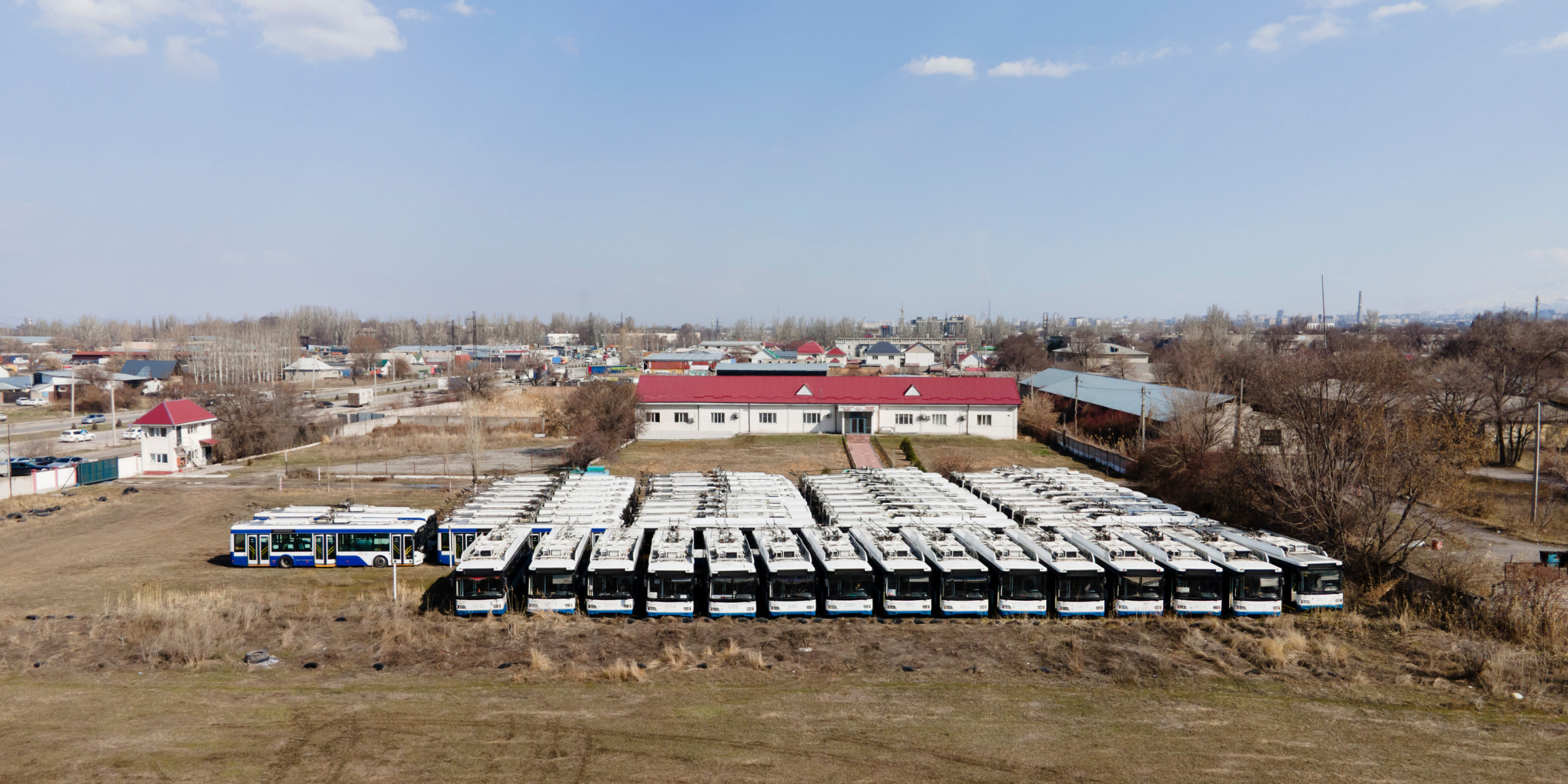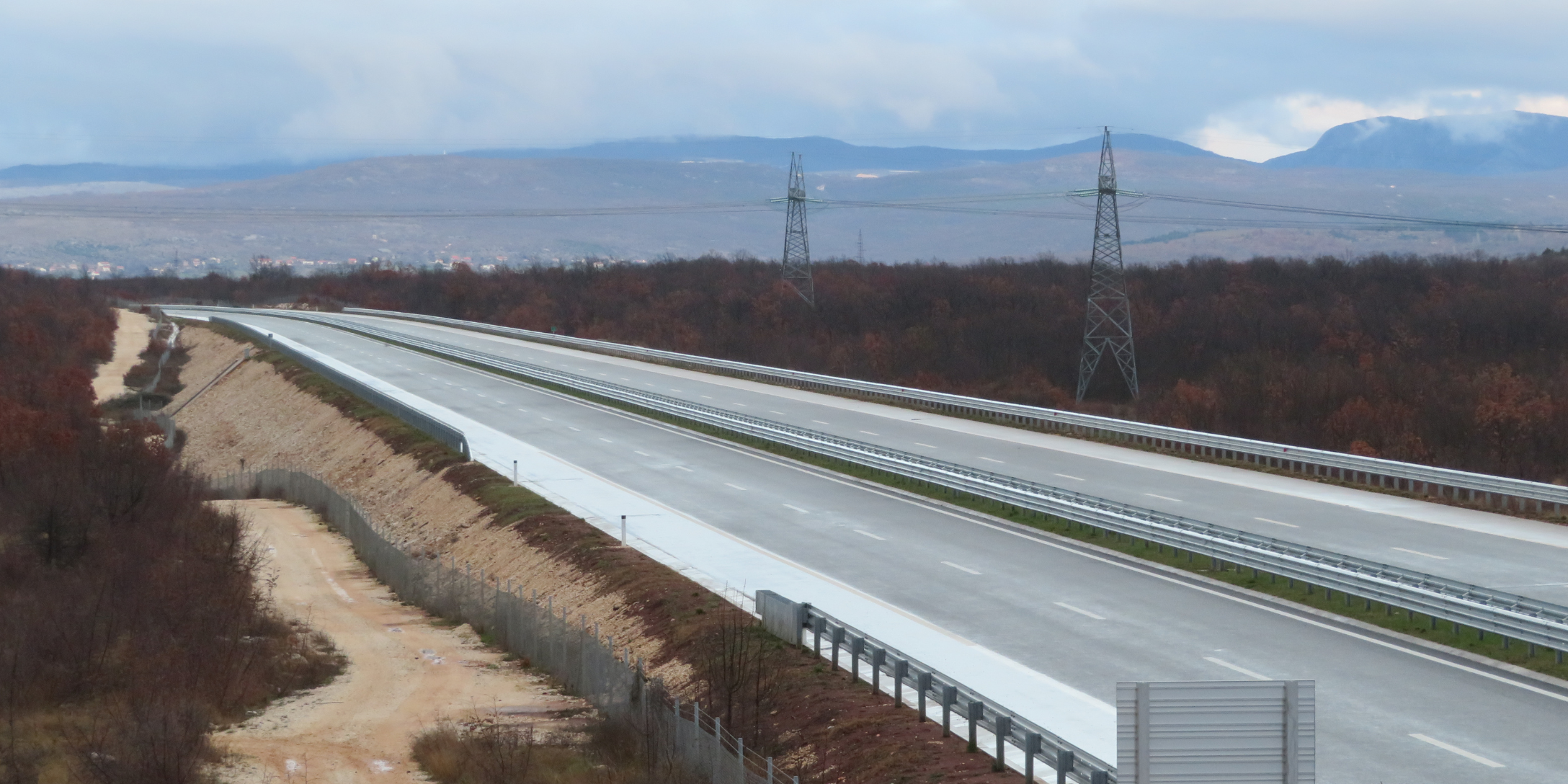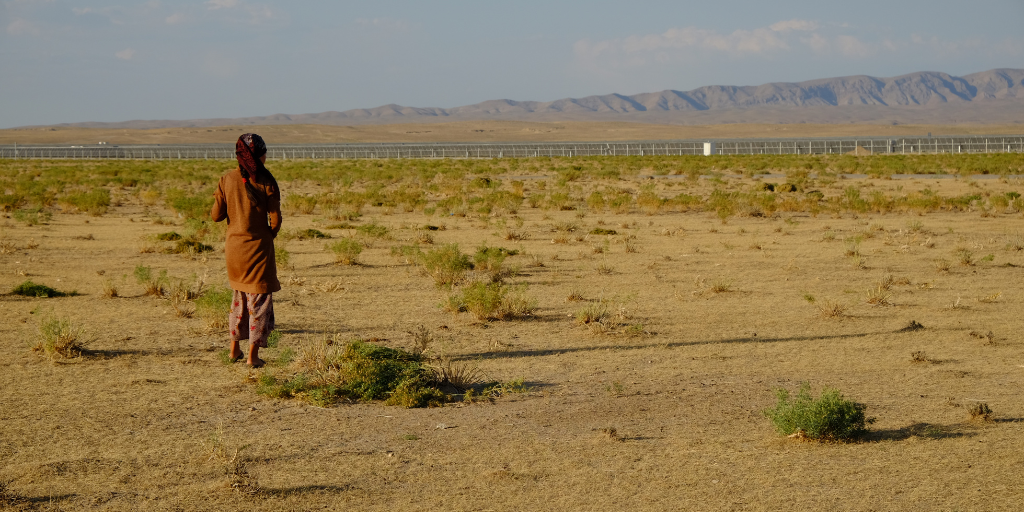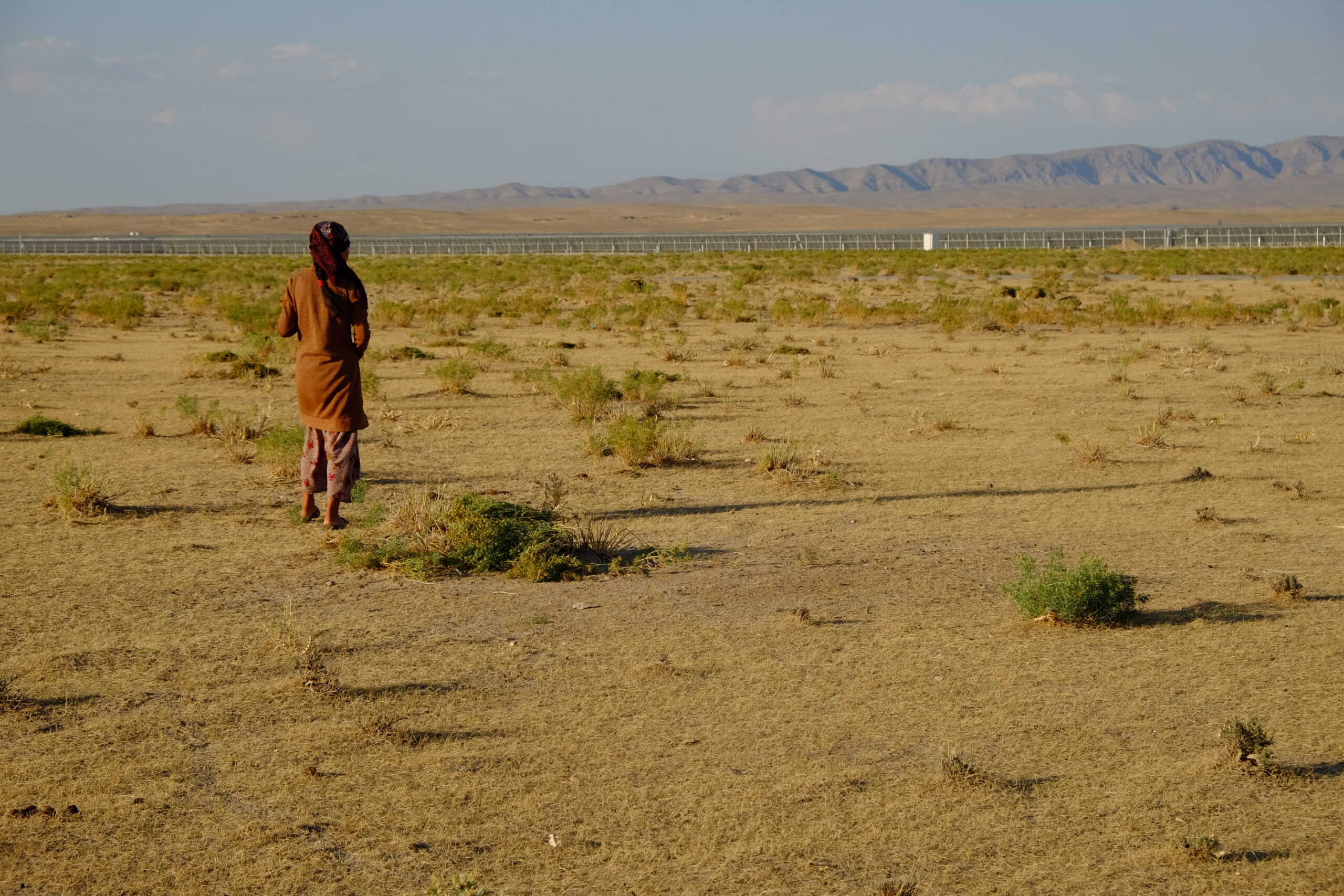Monitoring what matters: Public participation as a systemic issue for the EBRD
Publication | 11 December, 2025Information on public participation practices reported by the EBRD is lacking. This briefing illustrates the importance of regular and effective monitoring of project-level participation to inform the EBRD’s corrective actions and enhance management strategies.
Read moreReplicability gone wrong: Demolition of cultural heritage and environmental risks at EBRD project in Kazakhstan
Blog entry | 8 December, 2025For years, concerns have been raised about the Almaty International Airport Extension Project which is being financed by the European Bank for Reconstruction and Development (EBRD). Locals question the inadequate protection of cultural heritage and a lack of public participation and access to information. To address this, a formal complaint was recently filed with the Independent Project Accountability Mechanism (IPAM), and the outcome of a compliance review is pending.
Read moreDispute resolution agreement on Zarafshan wind project
Publication | 3 December, 2025A dispute resolution agreement was signed by CEE Bankwatch Network and Shamol Zarafshan Energy Foreign Enterprise LLC in October 2025. The agreement is the result of a year-and-a-half-long dispute resolution process supported by the Compliance Advisory
Read moreCorridor Vc in Bosnia and Herzegovina: Environmental and social impacts can no longer be ignored
Publication | 17 October, 2025The EU’s flagship infrastructure project in Bosnia and Herzegovina – the 330-kilometre Corridor Vc motorway – now stands at a critical crossroads. To date, only one-third of the corridor has been completed, financed through more than EUR 3 billion in loans and grants from the EU, the EIB, and the EBRD.
Read moreEBRD’s toxic bond with Indorama: Funding polluter in Georgia’s shrinking democracy
Blog entry | 30 September, 2025The European Bank for Reconstruction and Development (EBRD) continues to back one of its most controversial clients in one of Europe’s most troubled democracies. Human rights, labour laws, and the environment are all at stake.
Read moreBishkek residents seek mediation to restore trolleybus service
Press release | 19 August, 2025Residents of Bishkek have asked the European Bank for Reconstruction and Development (EBRD)’s Independent Project Accountability Mechanism (IPAM) to facilitate dialogue with urban authorities over concerns about the city’s trolleybus services.
Read moreEIB–EBRD mutual reliance: A threat to environmental and social accountability
Blog entry | 14 July, 2025In April, the European Investment Bank (EIB) and the European Bank for Reconstruction and Development (EBRD) signed a Mutual Reliance and Cooperation Agreement, founding their future cooperation on jointly financed projects. Yet concerns have already emerged about potential risks to environmental and social safeguards as well as accountability under the new partnership.
Read moreThe EBRD’s first Impact Report: A welcome step, but does it tell the whole story?
Blog entry | 10 July, 2025In May 2025, the European Bank for Reconstruction and Development (EBRD) released its first-ever Impact Report. With EUR 16.6 billion invested in 584 projects in 2024, the report highlights ambitious claims: reductions in emissions, boosts to human capital, and support for inclusive economies. But as we dig deeper, a familiar issue re-emerges: the gap between institutional ambition and on-the-ground reality.
Read moreThe EBRD starts its impact reporting journey: How can it deliver meaningful results?
Publication | 7 July, 2025In May 2025, the EBRD published its first-ever Impact Report, showcasing the impact of EUR 16.6 billion invested across 584 projects on real-world change. Although shifting the focus from activities to impacts is important, the report falls short in several key areas.
Read moreThe role of stakeholder engagement in the EBRD’s impact monitoring and reporting
Publication | 30 May, 2025This report examines the EBRD’s policies and practices related to stakeholder engagement and its monitoring and reporting at the project, country, and institutional levels. It identifies gaps in transparency at the project level, consultations on country strategies, and institutional reporting.
Read more